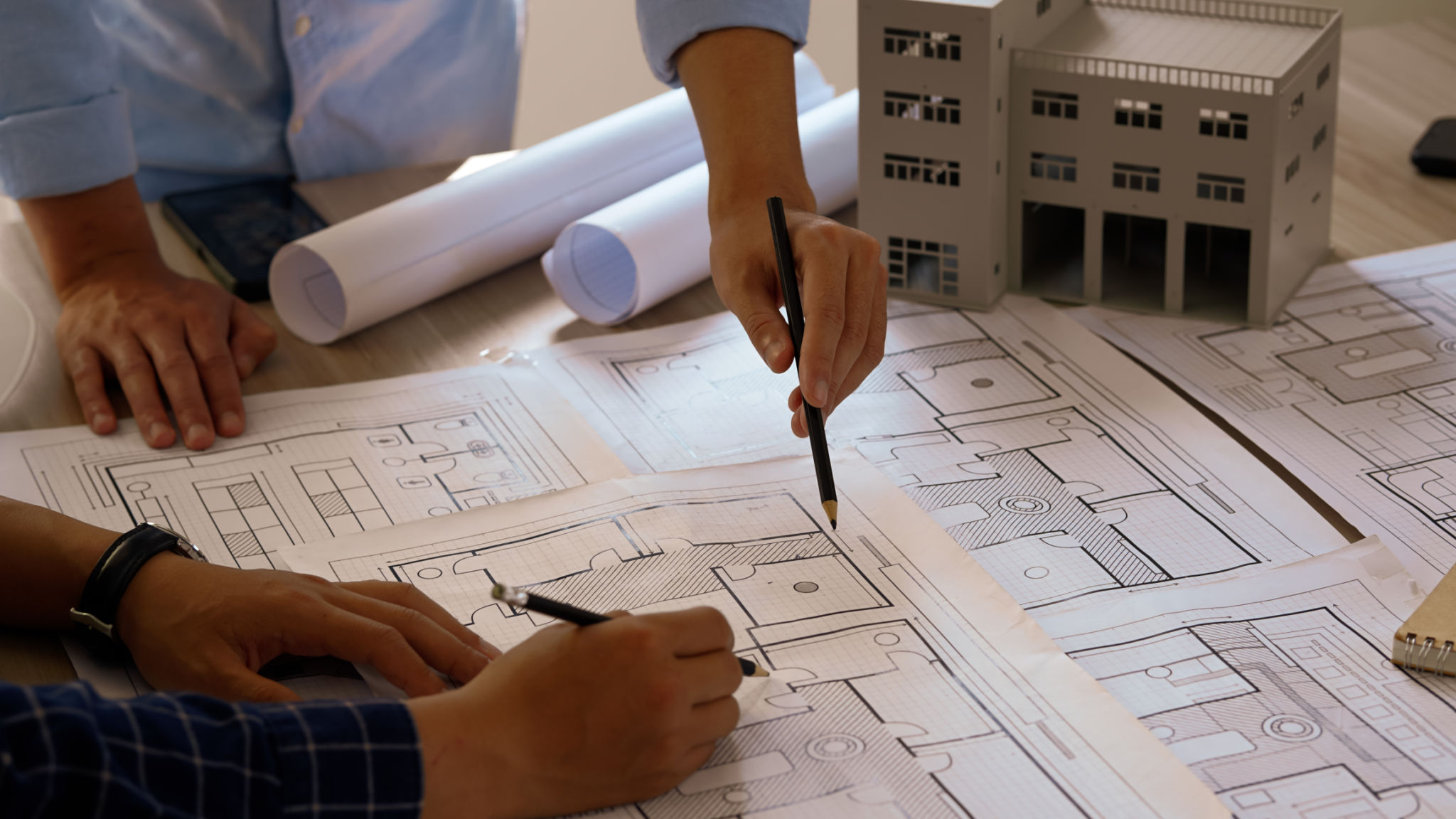Project Management for Construction Projects: Essential Tips for Success
Understanding the Basics of Construction Project Management
Construction project management is a complex field requiring a blend of technical skills, leadership, and effective communication. As a project manager, you need to oversee every aspect of the project from inception to completion, ensuring that all phases are completed on time and within budget. A successful construction project manager is well-versed in managing resources, coordinating with various teams, and mitigating potential risks.

Establish Clear Goals and Objectives
One of the first steps in managing a construction project is to establish clear goals and objectives. Defining what success looks like will guide every decision and action throughout the project's lifecycle. These goals should be Specific, Measurable, Achievable, Relevant, and Time-bound (SMART). By having these goals clearly outlined, you can better align your team’s efforts and ensure everyone is working towards the same end result.
Develop a Comprehensive Project Plan
A detailed project plan serves as the roadmap for your construction project. It should outline all the tasks that need to be completed, along with their timelines and dependencies. This plan helps in resource allocation, scheduling, and budgeting. Utilizing project management software can significantly aid in tracking progress and making adjustments as needed.

Effective Communication and Collaboration
Communication is the backbone of any successful construction project. As a project manager, you must facilitate open lines of communication among team members, stakeholders, and suppliers. Regular meetings and updates help in addressing issues promptly and keeping everyone informed. Encouraging collaboration among different departments can also lead to more innovative solutions and improve overall project efficiency.
Risk Management
Every construction project comes with its own set of risks. Identifying potential risks early in the project can save time and resources. Develop a risk management plan that includes strategies for mitigating these risks. Regularly reviewing this plan ensures that you are prepared to handle unforeseen challenges effectively.

Utilizing Technology in Construction
The construction industry is increasingly embracing technology to enhance efficiency and productivity. From Building Information Modeling (BIM) to drones for site inspection, technology can provide significant advantages. Leveraging these tools can improve accuracy, reduce errors, and streamline many processes involved in construction management.
Monitor Progress and Performance
Regular monitoring of progress is crucial to ensure that the project stays on track. This involves comparing actual performance against planned objectives and making necessary adjustments. Performance metrics such as time completion rates, cost variance, and quality control are essential for evaluating the project's success.

Ensure Quality Control
Maintaining high-quality standards is essential in construction projects to ensure safety and longevity of the structures built. Implementing a rigorous quality control process helps in identifying defects early and correcting them before they escalate into major issues. Regular inspections and testing are integral parts of this process.
In conclusion, effective project management in construction requires a structured approach, clear communication, and adaptability to change. By following these essential tips, project managers can enhance their chances of delivering successful projects that meet or exceed stakeholder expectations.
